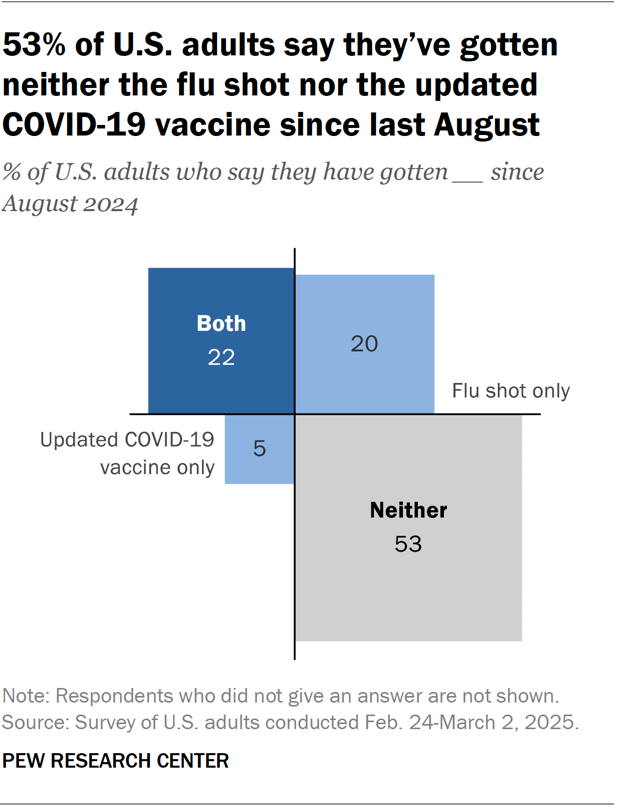Hope and Uncertainty: The duality of Covid 2025
As we look ahead to 2025, the world remains in a delicate dance with Covid-19. The global pandemic, which altered life as we knew it, has not been vanquished but transformed into a constant consideration for daily living.
In 2020, when Covid-19 first emerged, most of us couldn’t fathom the long-term implications it would have on our lives. Fast forward to 2025, and the conversation has shifted from outright alarm to adaptation and resilience. There’s a profound recognition that we must learn how to coexist with the virus, rather than striving to eliminate it entirely.
A Changed World
The impact of Covid-19 has seeped into every aspect of society. Job sectors that vanished overnight have slowly, but not seamlessly, rebuilt. Mental health issues have surged, with studies revealing a 47% increase in anxiety and depression among Canadians. Individuals are yearning for connection yet navigating the paradox of cautiousness.
Public places have adapted; masks remain a common sight in many Canadian cities as people continue to prioritize safety over pre-pandemic comfort. “It’s become a part of everyday life now,” shares Dr. Emily Tran, a public health official based in Toronto. “We’ve learned to incorporate the virus into our lives, but it doesn’t mean that we are not afraid. Fear is a reality, alongside the resilience we’ve shown.”
Community Resilience and Innovation
Through adversity comes innovation. Businesses have had to pivot with agility to meet the challenges of Covid-19, and grassroots initiatives have flourished. Community support systems have become more robust, with volunteering and mutual aid agreements reshaping how people engage with one another. In 2025, neighbourhood support networks are more prominent, precisely because of Covid-19.
On social media, platforms have exploded with stories of resilience. The hashtag #TogetherApart has gained traction, showcasing individuals engaging in virtual celebrations, supportive messaging, and creative solutions to maintain connections amidst physical distance. Onlinefestivals, culminating in local performances broadcasted on platforms like Instagram and Facebook, have roped in audiences from across the globe.
Vaccination and Public Sentiment
Vaccination favours the tone of 2025, but not without controversy. As of late 2024, approximately 85% of Canadians have been fully vaccinated, yet the conversation remains divisive in some communities. Health authorities are facing challenges convincing hesitant populations. Recent polls suggest that nearly 30% of Canadians express hesitancy towards future vaccinations and protocols, signaling a landscape of distrust that public health officials must navigate carefully.
“We need to prioritize education and transparent dialogue,” says Dr. Sarah Choi, a vaccine advocate. “Our job is not just to administer vaccines, but to build trust back into the system.”
Looking Forward
Coping with Covid-19 in 2025 requires more than vaccines and safety protocols; it calls for a collective reflection on the lessons learned. Kindness, community spirit, adaptability, and the quest for knowledge have flourished amid the uncertainty.
As we journey into the next chapter of our lives, Covid-19’s presence lingers, but it’s intertwined with resilience—all of which will define our new normal moving forward. For many, the question isn’t just “What will life look like after Covid?” but “How will we be stronger because of it?”

